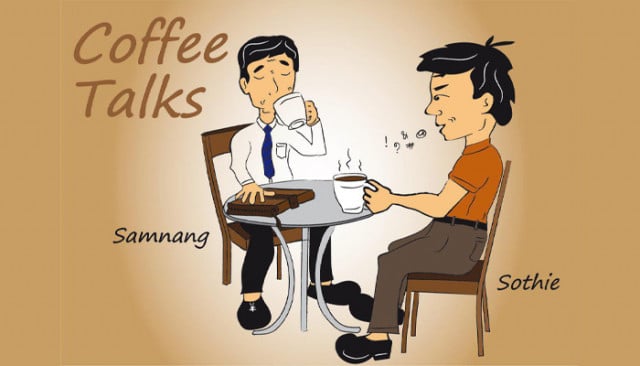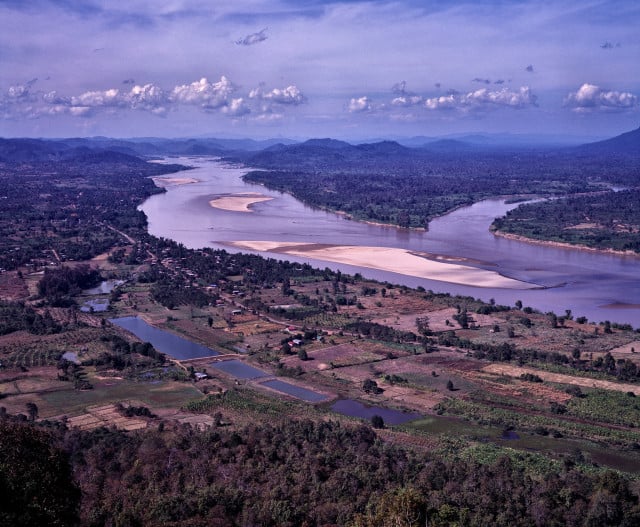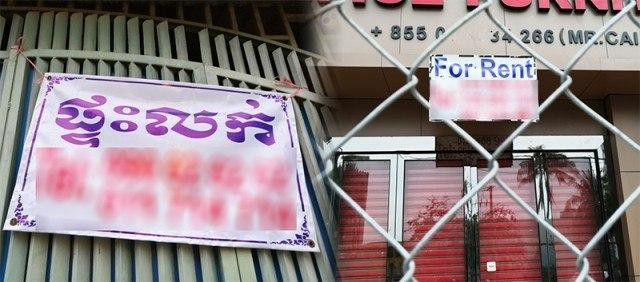COVID-19: To Close or Not to Close?

- By Cambodianess
- March 26, 2020 5:00 AM
Deciding between human health and economic health
For now, Samnang and Sothie did not meet each other at the café as often as before. The two pals were following the medical guidelines of “Social Distancing” or “Physical Distancing” as a way to contain the spread of the Coronavirus. Even though they cannot meet each other as often as they would like, they do pay a tremendous amount of attention to the ongoing updates regarding the pandemic. This morning, Samnang and Sothie were discussing a very important aspect of the pandemic through Facebook Messenger – how far can countries protect both their people and their economies?
Samnang: Eh Sothie! If the world wants to contain the spread of this virus, why do not they just disconnect all human interactions? Like everyday traffic or economic activities?
Sothie: Samnang! If everything is to be closed spontaneously, do not you think that you will starve to death? People need to eat, which means we need shops, we need farmers – we need the whole supply chain. When you say that you want to close these things, in this context, you really mean that all economic sectors should not operate. Well, that is no different from killing the entire economy.
Samnang: Wait, but what I have heard is that in Europe people are ordered to stay home for quarantine and lots of the businesses are closed. People have lost their jobs in unprecedented numbers.
Sothie: Samnang, I suggest you to watch the news again clearly. Countries like France or the United Kingdom have managed their employees, who are not enormously important for now, told them to avoid traveling to work. At the same time, non-essential business activities need to halt their operations such as restaurants, bars, pubs – even simple non-economic activities such as walking along the beach are forbidden. They did not mean to bring all economic enterprises to a complete stop. In France, enterprises such as supermarkets or pharmacies are still granted the opportunity to stay in operation – moreover, the country needs them. In short, if a sector is vital to the economy, then they pretty much have to stay active. Similarly, sectors that are not so vital right now should stay inactive in order to relieve the crisis of the pandemic.
Samnang: How about Cambodia?
Sothie: In Cambodia, the government has announced the closure to all schools, educational institutes, karaoke and other businesses of pleasure. However, other vital enterprises and companies are still functioning. This, perhaps, is the government observing the progress the pandemic and acting as they see fit.
Samnang: So, you mean that all those places (Factories, companies or enterprises) are not the vectors of this rapid viral outbreak?
Sothie: They can be the vectors, especially if they go on with business as usual, but they are more closely related to the economic matter, the vital blood vessels of the country’s economy. It is not an ideal solution to just shut down all the economic sectors. Then, the entire economy will collapse. That is the reason why the government has to be very careful about the choices they make. The choices between the health of the population and the health of the country’s economy. One wrong move and people will receive insufficient income and there will be a shortage of food and an abundance of debt because they are told not to go to work.
Samnang: By just listen to what you have said, the entire situation is not as simple as I thought it was.
Sothie: Yeah! It is easier said than done. Everyone requests that this should be closed or that should be closed. Closing businesses alone is not hard. What is hard is the chain-reaction that happens afterwards. Simply speaking, when businesses stop, people have no jobs, then people have no money. The companies have no money. The government runs out of money to collect in taxes and so on until finally, the economy freezes. This is a point when things become blurry. The economists, the politicians and the medical specialists do not know exactly which path they need to follow. However, what we can do right now, with as little destruction as possible, is to delay the operation of any businesses that are not extremely vital for the nation at this moment. The less burden placed on both the healthcare system and the government’s budget, the better – I’m pretty sure that this too shall pass.















